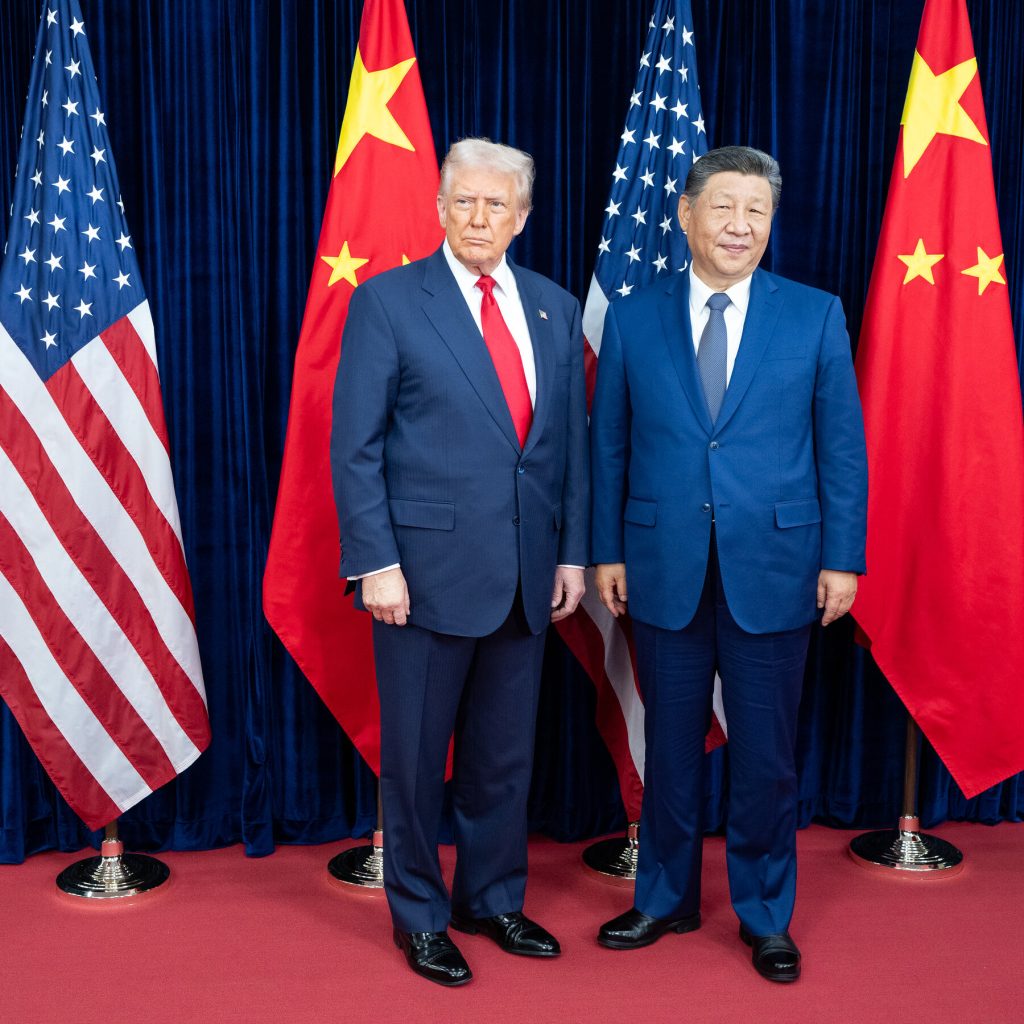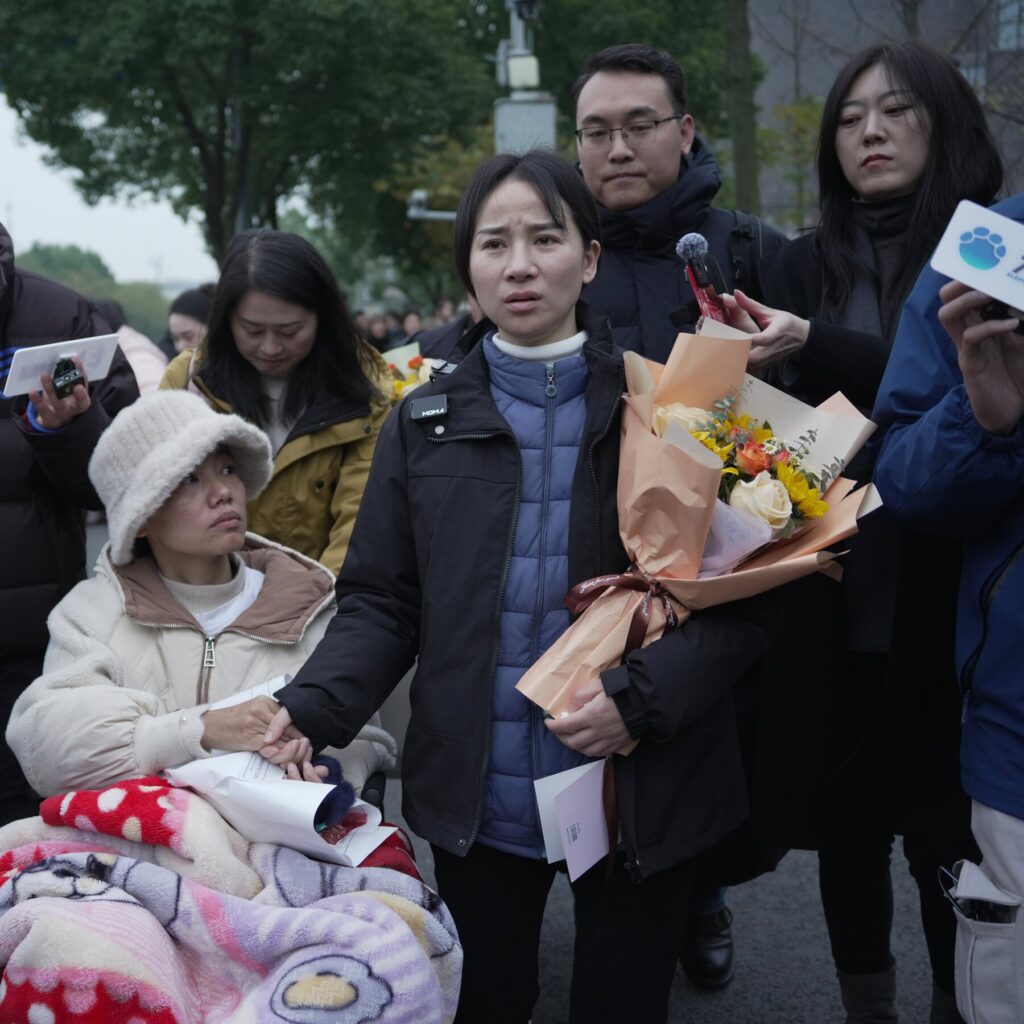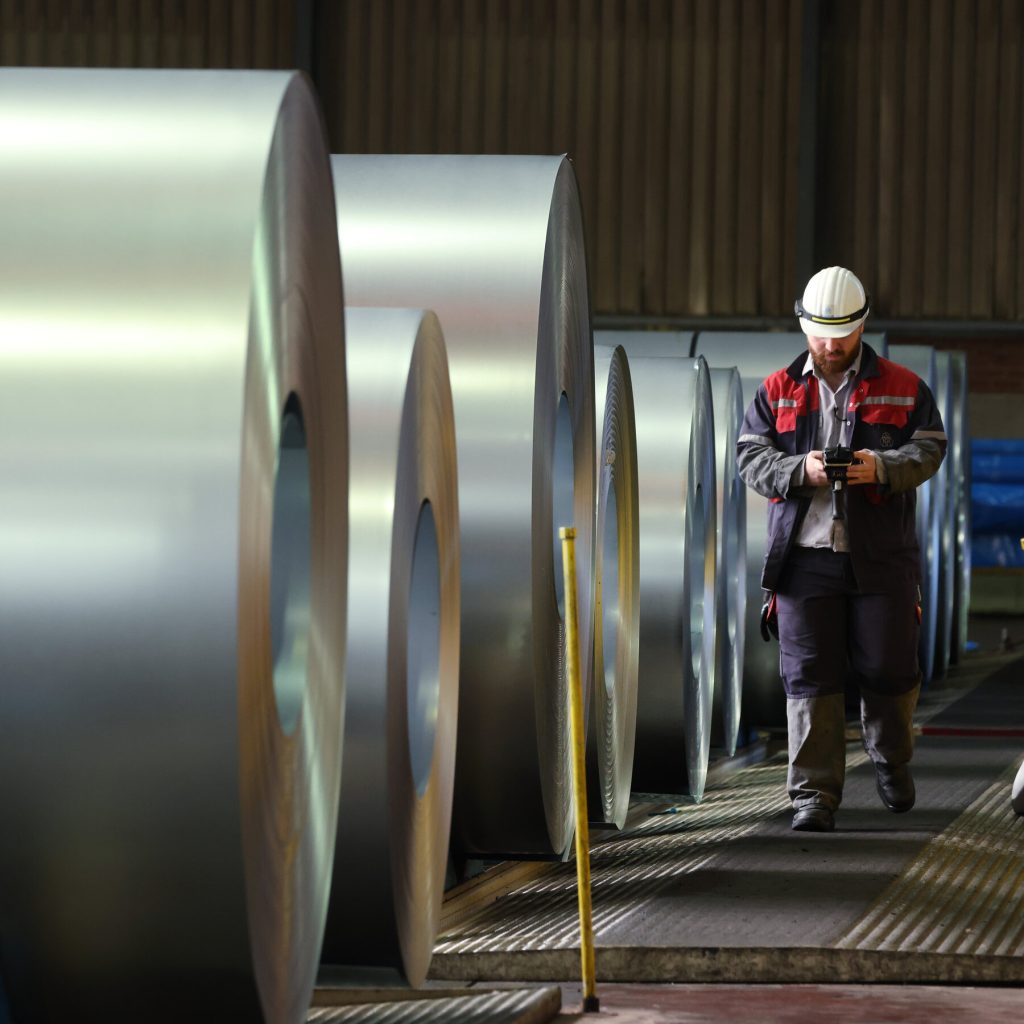Trump and Xi Ease Off the Trade War, but New Nuclear Threat Brings a Chill

In a significant shift towards détente, US President Donald Trump and Chinese leader Xi Jinping have temporarily eased tensions in the ongoing trade war between their two nations. The two leaders reached a preliminary agreement on several key issues, including China’s cooperation on the opioid crisis by cracking down on fentanyl production and export, a partial rollback of tariffs on Chinese goods, and a relaxation of restrictions on rare earth exports. The understanding, which is set to last for at least a year, has provided a much-needed respite for the global economy, which has been reeling from the trade tensions.
However, just as the trade landscape was beginning to clear, Trump’s comments on nuclear proliferation have raised new concerns. The US President’s recent statements have sparked fears of a renewed nuclear threat, casting a chill over the fragile peace. Despite the optimism generated by the trade agreement, the renewed focus on nuclear proliferation serves as a stark reminder of the complex and multifaceted nature of global diplomacy.
The agreement on fentanyl, a highly addictive opioid that has ravaged communities in the United States, marks a significant breakthrough in US-China cooperation on the issue. China has long been accused of being a major source of the precursor chemicals used to manufacture fentanyl, and the two leaders’ agreement to work together to combat the crisis has been hailed as a positive step.
The partial tariff rollback and easing of rare earth restrictions are also seen as a positive development for the global economy. The trade war between the US and China has had far-reaching consequences, impacting not only the two nations but also the global economy as a whole. The agreement provides a temporary reprieve for businesses and consumers, who have been bearing the brunt of the trade tensions.
However, the nuclear threat posed by Trump’s comments has raised concerns among experts and policymakers. The US President’s statements have been seen as ambiguous and potentially destabilizing, sparking fears of a renewed nuclear arms race. As the global community continues to grapple with the challenges of nuclear proliferation, the agreement between Trump and Xi serves as a reminder that even the most seemingly positive developments can be overshadowed by emerging threats.







